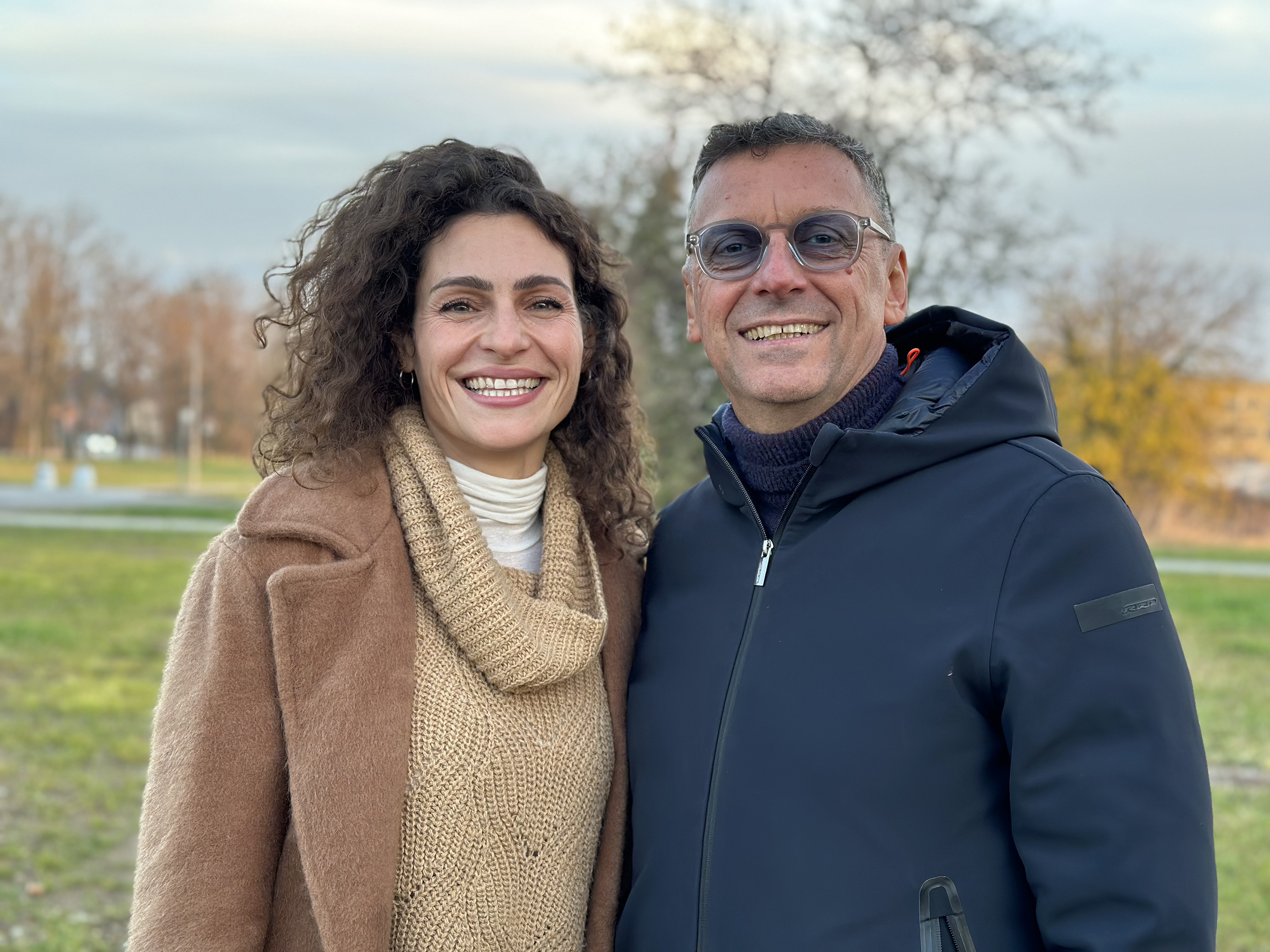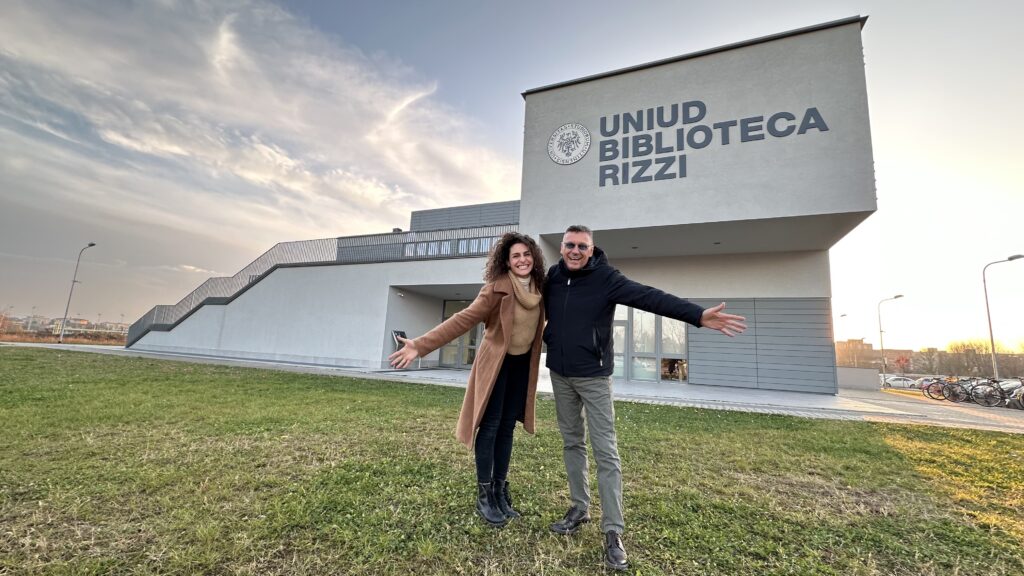Let’s get to know GreenVETPartners better!
AREA

Can you tell us a bit more about your role in the GreenVETAfrica project?
AREA is an SME based in Udine (Italy) specialised in knowledge and technology transfer between mature and emerging markets, especially in Africa, where it collaborates with its sister SME APODISSI, with offices in Lagos (Nigeria), Windhoek (Namibia) and Dubai (UAE).
AREA is the coordinator of GreenVETAfrica and contributes to the project’s communication and dissemination leveraging on its rich network of international relationships.
AREA plays an important role in the Train the Trainers Programme. AREA offers its consolidated experience in the field of digital innovation and specifically takes care of training teachers with regard to the use of the Remote Smart Expert Solution, a plug and play application for smart glasses that allows a frictionless live remote expert support during classes and on-the-field training.
What do you think is the biggest challenge facing the waste management sector in Africa?
Waste management is one of the biggest challenges facing Africa, producing 166 million tonnes of municipal waste annually, of which 42 million tonnes in North Africa. The biggest GAP is represented by an inadequate organisational and plant structure, due to which the majority of the population has no access to any separate collection system. In fact, 90% of waste is sent to landfills or irregular storage areas, while some is directly burnt in the open or ends up being irregularly disposed of at sea (over 11.5 million tonnes of plastic per year).
Further obstacles to effective and sustainable waste management in Africa are a lack of appropriate expertise, inadequate budgets, weak legislation, and low public awareness. The problem of waste management is common to most of the countries, with varying degrees of severity.
If we take the cases of Ghana and Nigeria as examples, the biggest challenge is the lack of adequate infrastructure such as waste collection, treatment, and disposal facilities. This problem leads to illegal dumping and littering of waste, resulting in pollution and environmental, social and health risks. Undoubtedly, the inadequacy of the relevant legislation and the lack of widespread awareness of the importance of sustainable waste management, but also of waste reduction policies, aggravates the challenges to trigger a virtuous process of circular economy.
What do you think is going to be the biggest long term impact of the project?
The GVA project seeks to respond to the above-mentioned challenges through the implementation of a series of strategies concerning:
- raising awareness of the importance of sustainable waste management;
- the development of a vocational training programme aimed at enhancing the skills of operators in the sector, as well as at creating specific technical profiles that do not currently exist;
- the promotion of collaborations and working tables, including international ones, aimed at strengthening the dialogue between market actors, policy makers and TVET institutions.

What do you think is the added value of addressing the Waste Management Industry’s issues through an international cooperation project?
The added value of addressing the issue of sustainable waste management through a joint and international approach is significant, as this is a global issue that affects all countries of the world, which often face the same challenges. The continuous dialogue and exchange of best practices is an opportunity for the project partners to mutually increase their expertise and can help develop new strategies that were not previously considered.
In fact, through the GreenVETAfrica project, international working tables were promoted, such as the one organised on the occasion of the workshop held in Udine on 23 November 2023, whose objective was precisely to foster knowledge and collaboration between European and African stakeholders, as well as to foster the adoption of GreenVETAfrica training programme, also favouring a multi-stakeholder approach to waste management.


